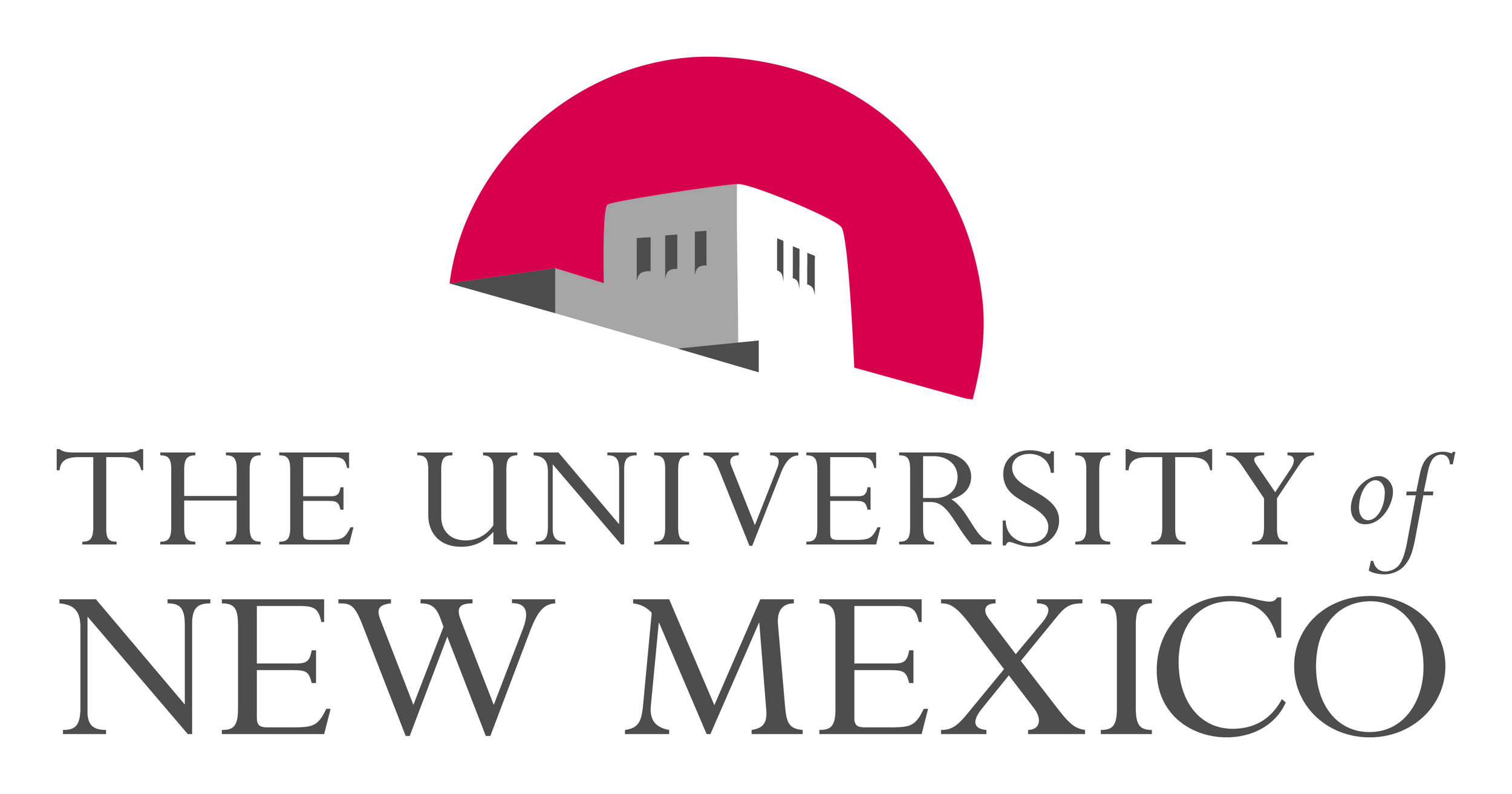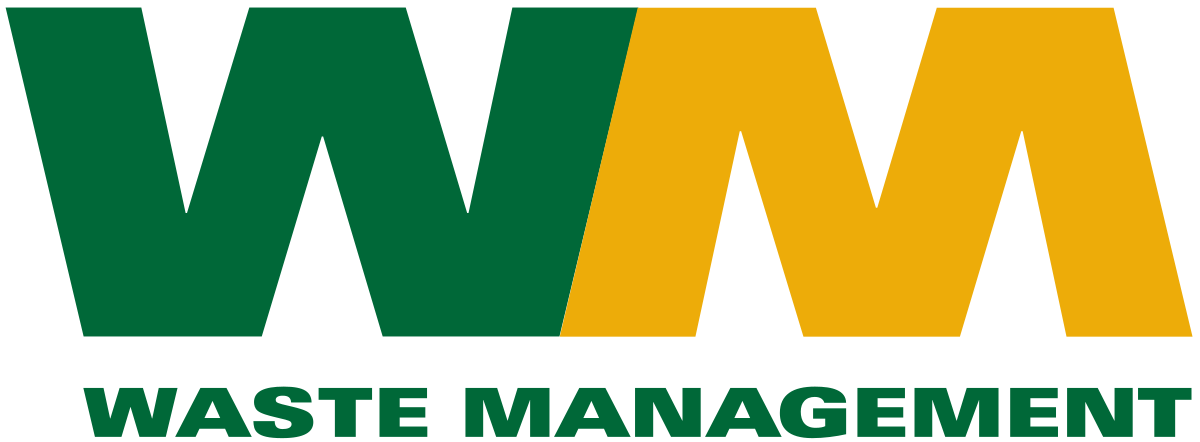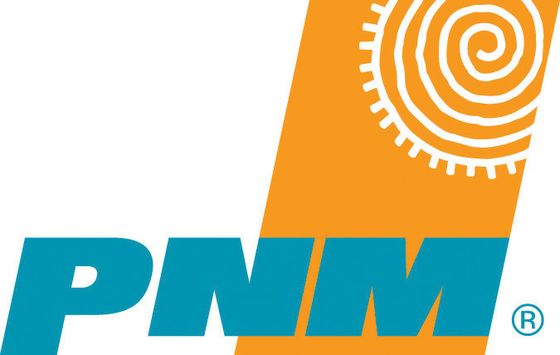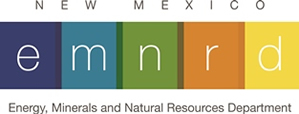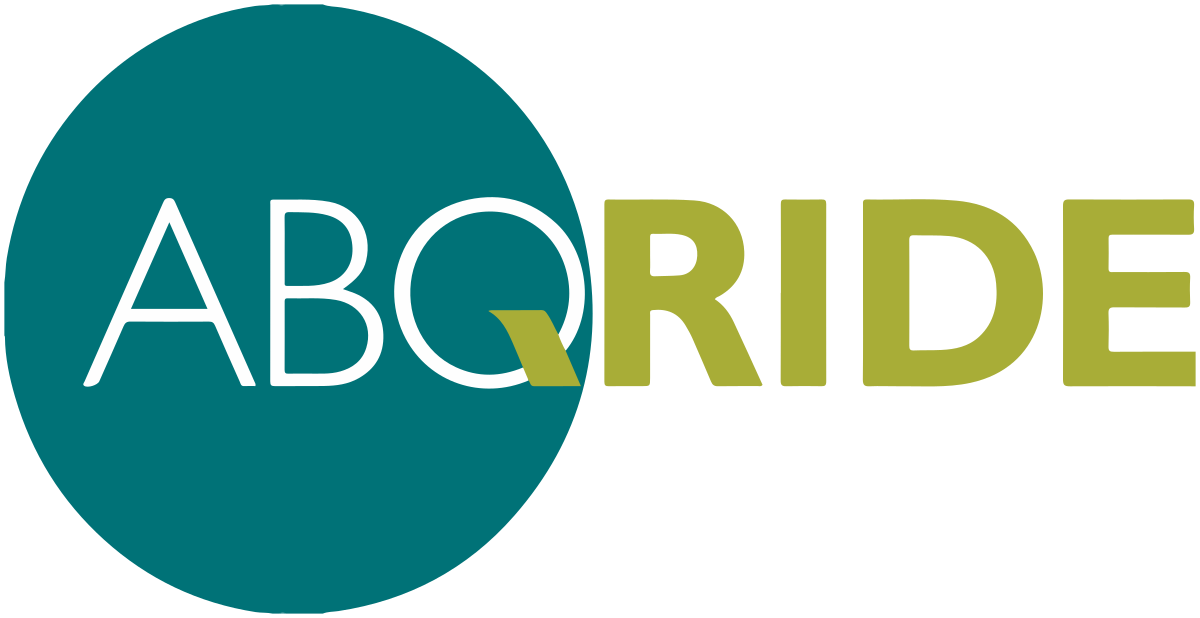Partners
Partners
The U.S. Department of Energy's (DOE's) Clean Cities program advances the nation's economic, environmental, and energy security by supporting local actions to cut petroleum use in transportation.
At the national level, the program provides unbiased and objective resources and information to help transportation stakeholders evaluate options and achieve goals around alternative fuels, advanced vehicles, and other strategies to cut petroleum use. At the local level, nearly 100 coalitions leverage these resources to create networks of local stakeholders that advance transportation projects.
National Network
Clean Cities collaborates with federal agencies, fuel providers, industry associations, equipment manufacturers, and large companies whose vehicle fleets operate in multiple states.
Local Coalitions
Clean Cities coalitions serve as the foundation of the Clean Cities program by working to cut petroleum use in communities across the country. These public-private partnerships are comprised of businesses, fuel providers, vehicle fleets, state and local government agencies, and community organizations.
These stakeholders share information and resources, inform public policy, educate the public, and collaborate on transportation projects. Connect with your local Clean Cities coalition contacts to learn more.
Making an Impact
Close to 260 million people (82% of the total U.S. population) live inside the boundaries of Clean Cities coalitions. Clean Cities coalitions make an impact in their communities every day. Nationwide, nearly 14,000 stakeholders participate in Clean Cities coalitions, and through their collective efforts they are transforming local and regional transportation markets.
Benefits of Joining
Clean Cities stakeholders have access to an array of resources, including:
Networking opportunities with fleets and industry partners who have experience in alternative fuels and advanced vehicles
Technical training, workshops, and webinars
Information resources on alternative fuels, advanced vehicles, idle reduction, and other technologies that reduce petroleum use
Individual consultation and technical assistance
Funding opportunities from the U.S. Department of Energy and other funding organizations
Information about funding sources from state and local government agencies, nonprofits, and foundations
Assistance with funding applications
Public recognition for progress in reducing petroleum consumption
Assistance with media outreach.
Become a Partner
If you would like to partner with us, fill out the form below and one of our staff members will get back to you.
